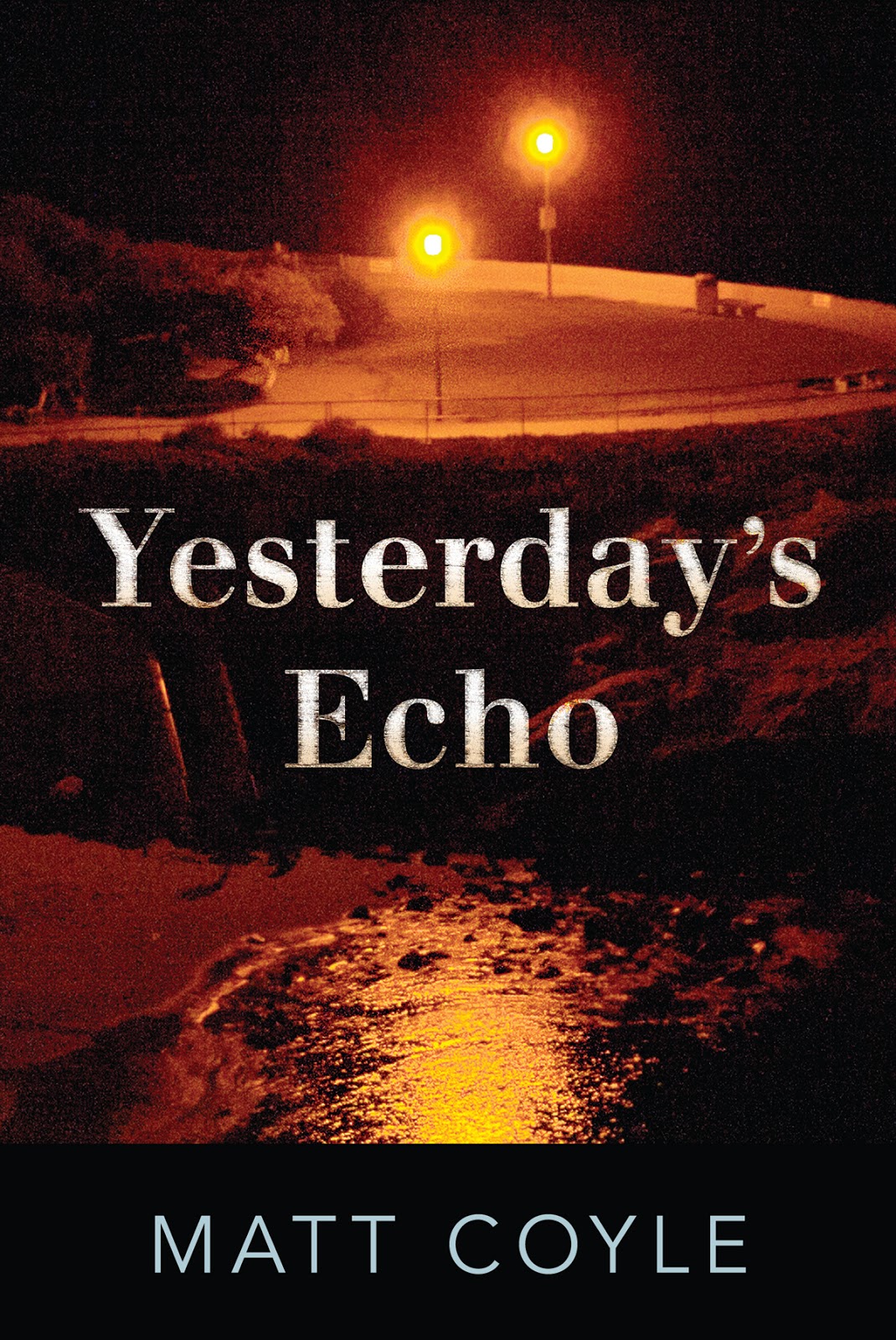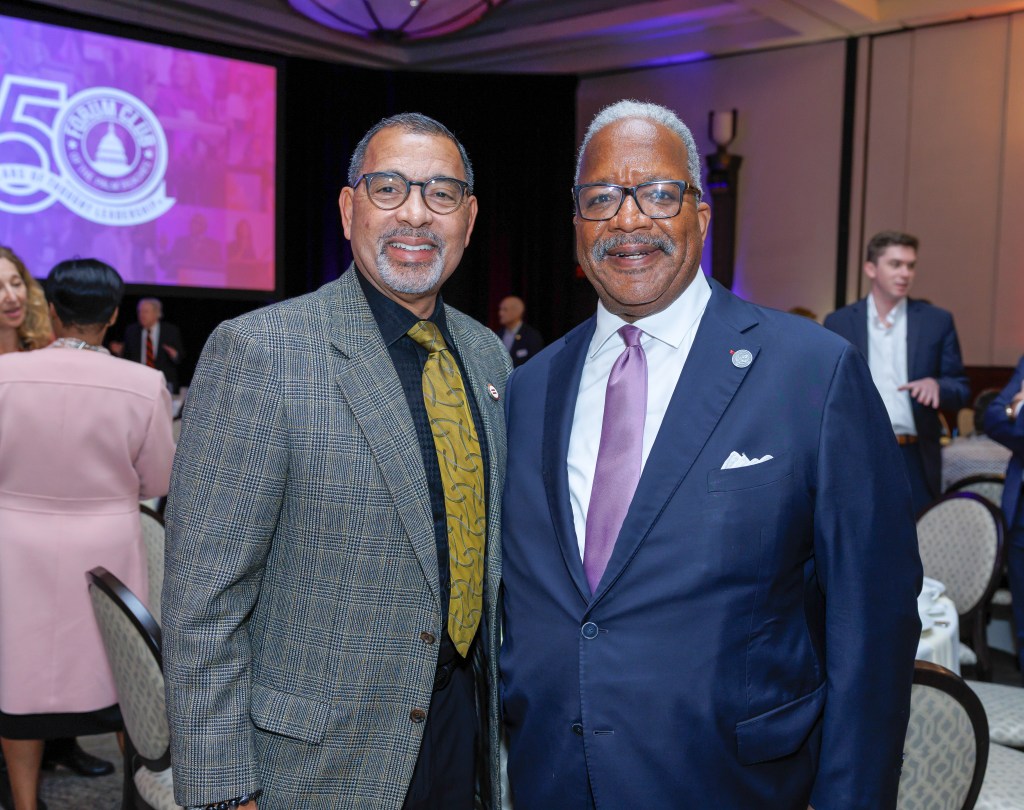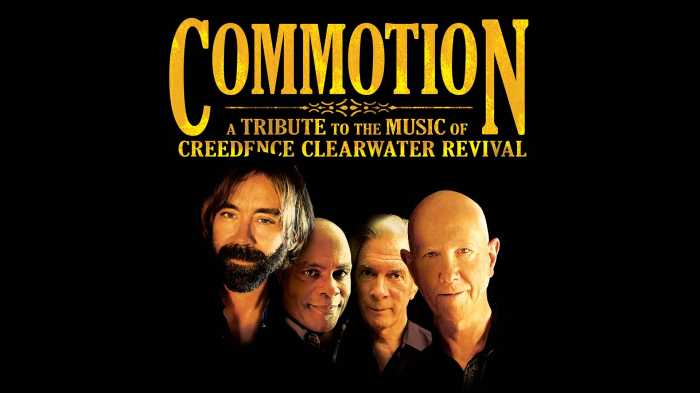Oceanview Releases Matt Coyle’s Debut Novel

Oceanview publishers Pat and Bob Grussin, who have a house in Amagansett, keep up a steady stream of crime fiction, some of which spins off into series, even though it might be argued that suspense will always be diminished when it’s known that the protagonist is coming back. Yesterday’s Echo by Matt Coyle introduces ex cop Rick Cahill who carries on an unofficial investigation that, by the end of the book, will point him in a new direction as a private investigator. In this debut novel, Rick shows early on that he deserves a reader’s regard because he’s a trusting and loyal guy who’s been set up.
Despite Rick’s last lines in the book—that in the future he will try to solve problems “for money, not for love,” don’t believe it. It’s love that moves him—for his late wife Colleen who was murdered several years ago, a crime for which he was charged in the courts and media, and for a beautiful young woman, Melody, whom he sees in a bar and knows is in trouble. Rick also loves his dog, Midnight, and his saloon-partner, Turk, with whom he has a falling out (a Muldoon’s logo precedes each chapter). Rick even loves or at least respects some qualities of his late, disgraced father who was on the force and on the take. Rick is a good guy: no way he’s not going to rush in where others fear to tread. The “where” is La Jolla where big money can bubble up from slime. His past, however, haunts him. He would absolve himself with instinctive good deeds, but these seem to backfire and get him in more trouble.
The title, “Yesterday’s Echo,” comes up on p. 252 (of the 297-page book), as Rick is comforting Melody, convulsing in his arms: “I knew what it was like to live with one horrible decision that had destroyed lives. Life moves forward, but the reverberations chase after you like yesterday’s echo.” The line pretty much sums up the theme, and often Coyle’s style, Raymond Chandler notwithstanding. Yesterday’s echoes ring out in the book in present time that becomes increasingly violent, though some scenes seem merely chance events: turning a certain corner, driving on a certain road, answering a certain phone call or voice mail, finding a certain piece of hidden evidence. Add in occasional awkward or trite turns of phrase, and the story sometimes slows down: a woman “clogging up the works,” “days…long past,” a rat “the size of an heiress’s purse,” in her eyes “I saw desire, yet vulnerability,” “she felt good in my arms, a longing satisfied. But I was still hungry for more.” Similes can be especially troubling: a hot windshield reflecting the sun “felt like a laser cutting my heart out of my chest;” the Caddy Rick drives through a fog is said to be like “a jutting chin” cutting “like an icebreaker…through the mist.”
For all his admirable qualities, including tough fighting ways, Rick doesn’t come to life as a figure distinct from similar good bad boys who star in this genre. The narrative, eager not to lose the reader when it takes on new characters, need not keep invoking the past. Nonetheless, Coyle, a former businessman, is to be commended for doing his homework. His research obviously involved learning about guns, the ways—secret and overt—of law enforcement officers and personnel, the Southern California bar scene and medical, forensic and veterinary issues. Let it also be said that the novel does sustain interest. The reader pretty much knows it will all turn out well but is curious about how Coyle will effect a resolution. Next time around for this self-confessed “rookie author,” scrupulous editing might result in a more nuanced plot and character development. Still, for a first time out, Coyle has done a creditable job, and Oceanview should be commended for giving a new voice a chance.









